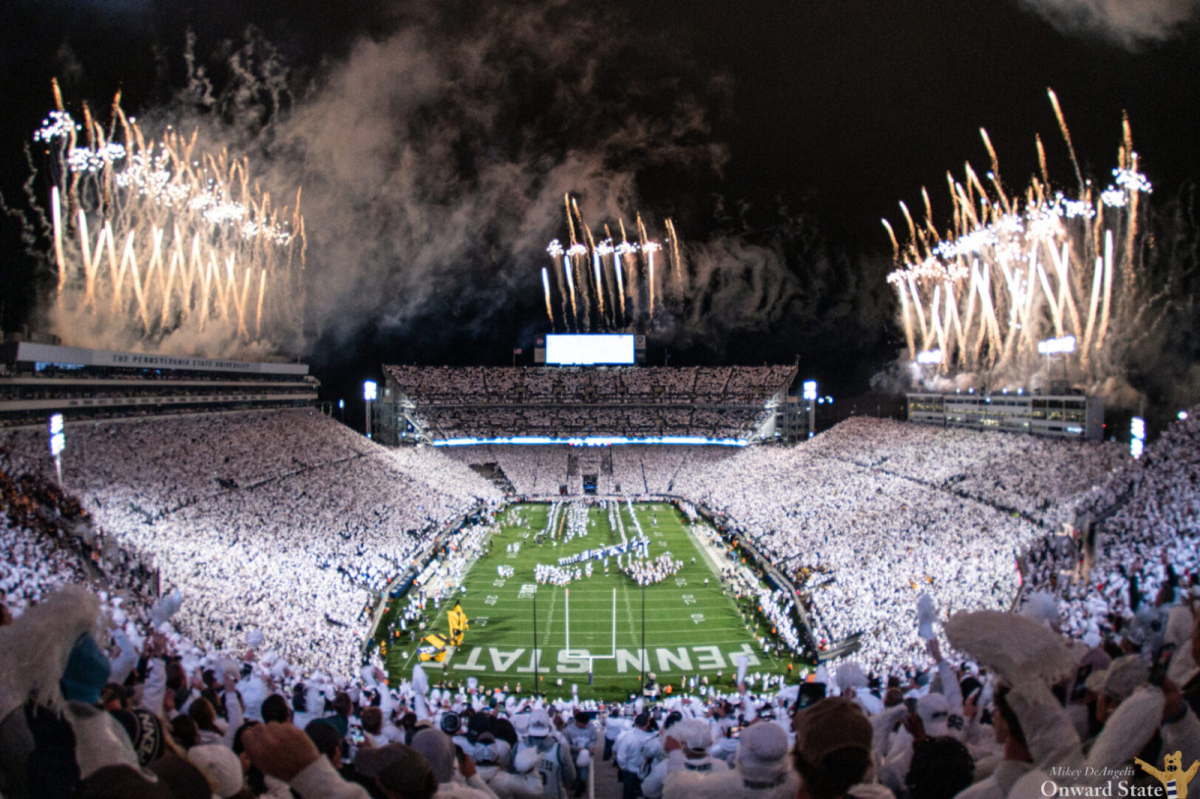Once upon a time, America was considered the leader of the world. It was the country with the smartest, the hardest working: the country with the most industrious and innovative people that made all other nations of the world envious. Then, something changed.

One would notice that we used to be a country of no excuses. Without the achievement of a stated goal, the work done towards that goal was useless. We competed with the world, and did not settle for anything lower than first. Consider the US response to the Soviet Union launching Sputnik 1, the first artificial satellite. Rather than let the USSR simply dominate in technological innovation, we competed. We allocated funds for a space program, and fewer than 12 years passed before we put a man on the moon. We won.
Over time, however, a change occurred. Feelings got in the way of results. Perhaps we lost a competition we should have won, or other countries began to outperform us. That key American characteristic—results over all else—began to diminish. The consequence, one may ask? We no longer were feared, let alone respected. Of course, this couldn’t be known, for our feelings could be hurt. Instead of being told the truth—that the US was declining in position—we were coddled, told that our abilities were as high as ever. Our test scores declined just like the respect other countries had for us. Yet the confidence American students had in themselves increased. Put simply, we believed we could do more when we had no evidence to back it up.
Which brings us to our current state in 2012: 31st in math, 23rd in sciences, and 17th in reading under PISA score results. It seems as if over the past decade laziness has been condoned, with failure not being admonished at all. Perhaps if we change our ways—put results in front of all else once more—we will be brought back to the golden years, in which we were the leaders and the best. Yet until such a change occurs, carelessness and inadequacy will continue to plague our once-great nation.



























